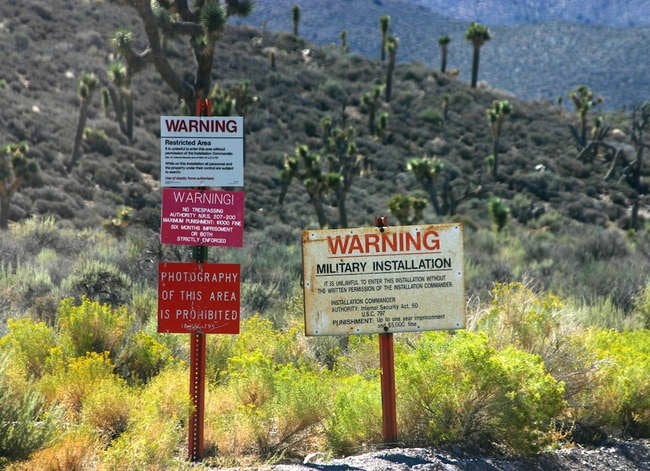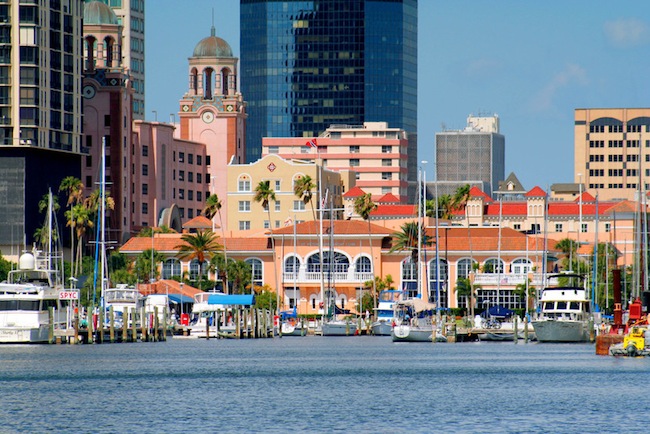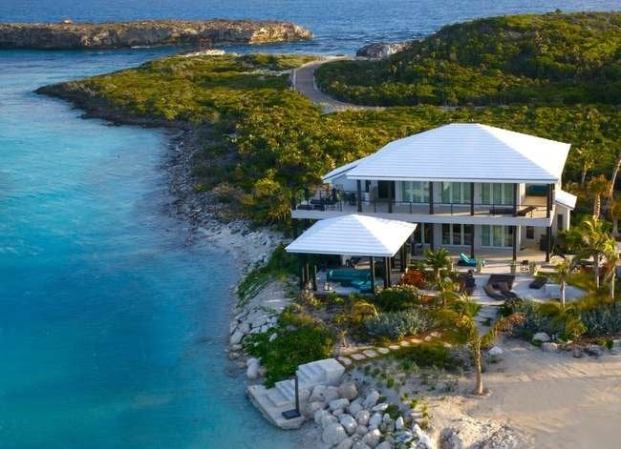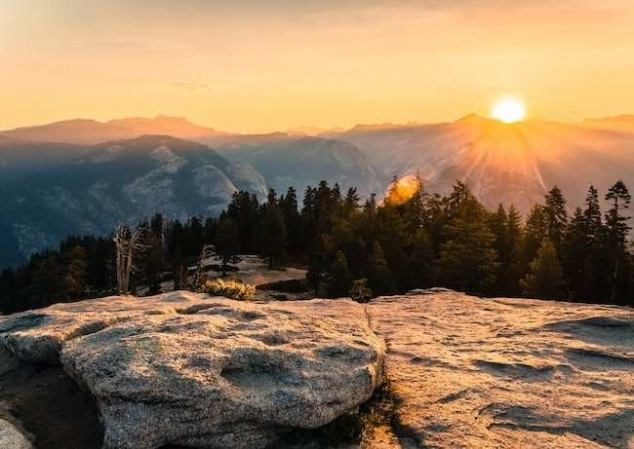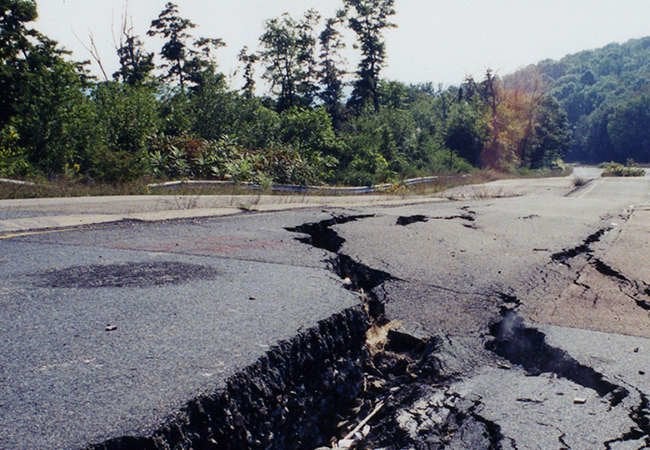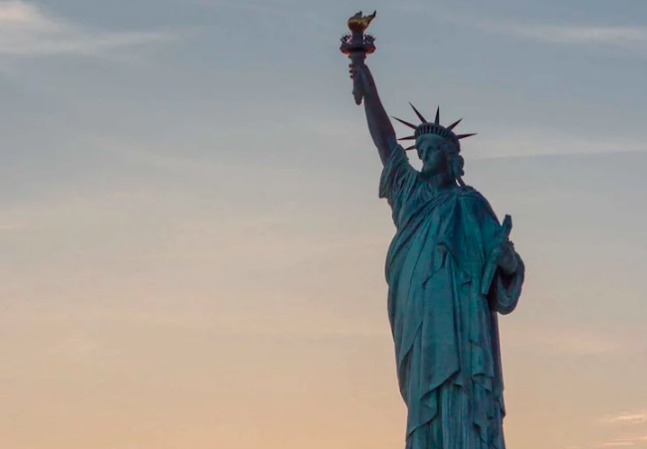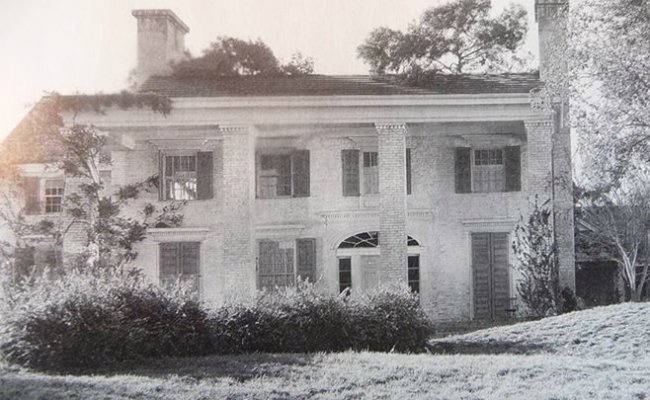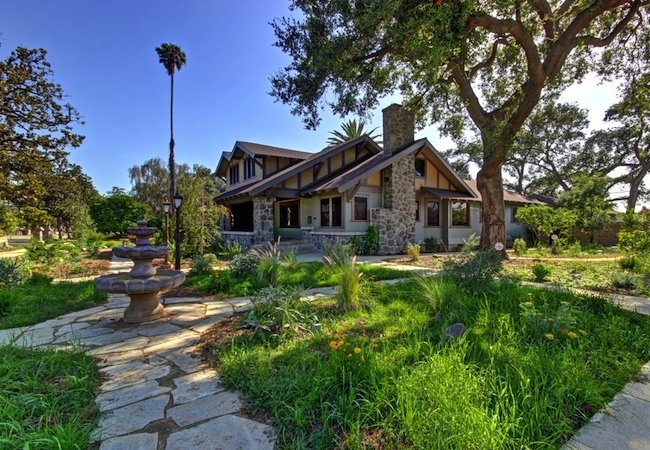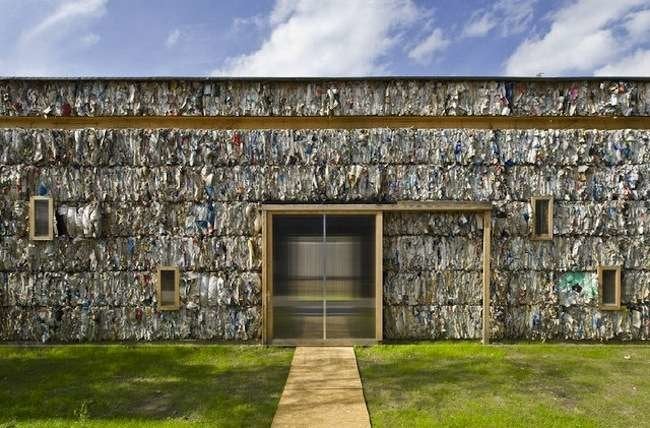We may earn revenue from the products available on this page and participate in affiliate programs. Learn More ›
Area 51, Lincoln County, Nevada
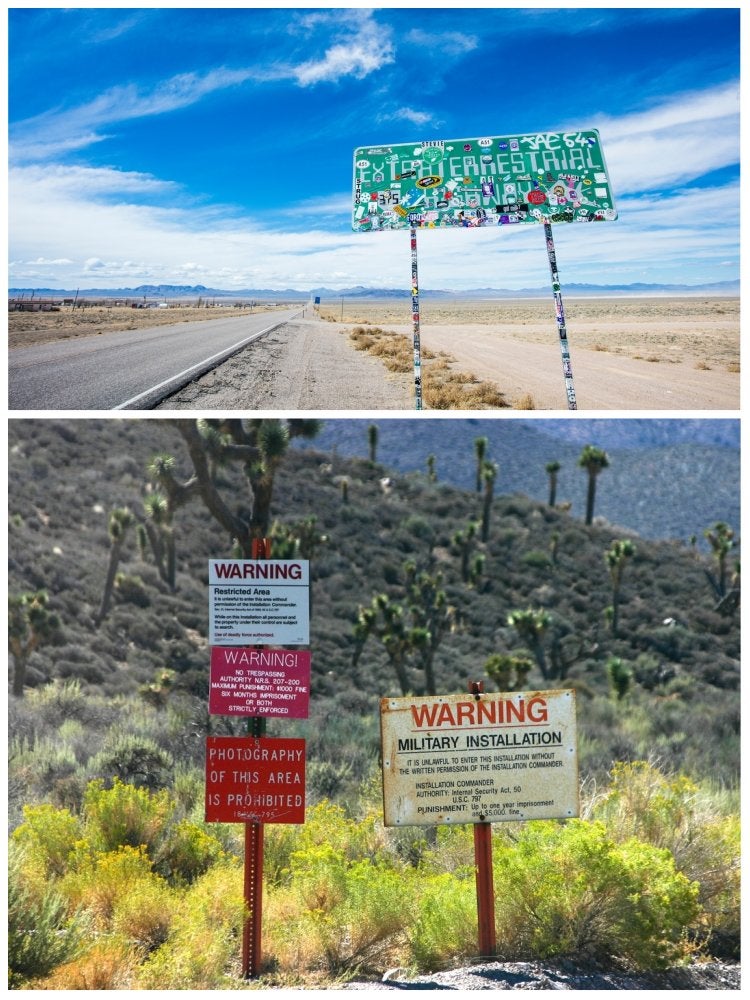
So shrouded in secrecy is this off-limits United States Air Force facility in southern Nevada that it wasn’t until 2013 that the CIA publicly acknowledged its existence. While the facility is believed to serve as an aircraft and weapons test site, its top-secret research and remote location off the “Extraterrestrial Highway”—State Route 375—have only fueled speculation that it’s a hotbed of paranormal activity.
Related: Yes, These 20 Weird and Wacky Museums Actually Exist
Snake Island, Peruíbe, Sao Paulo, Brazil
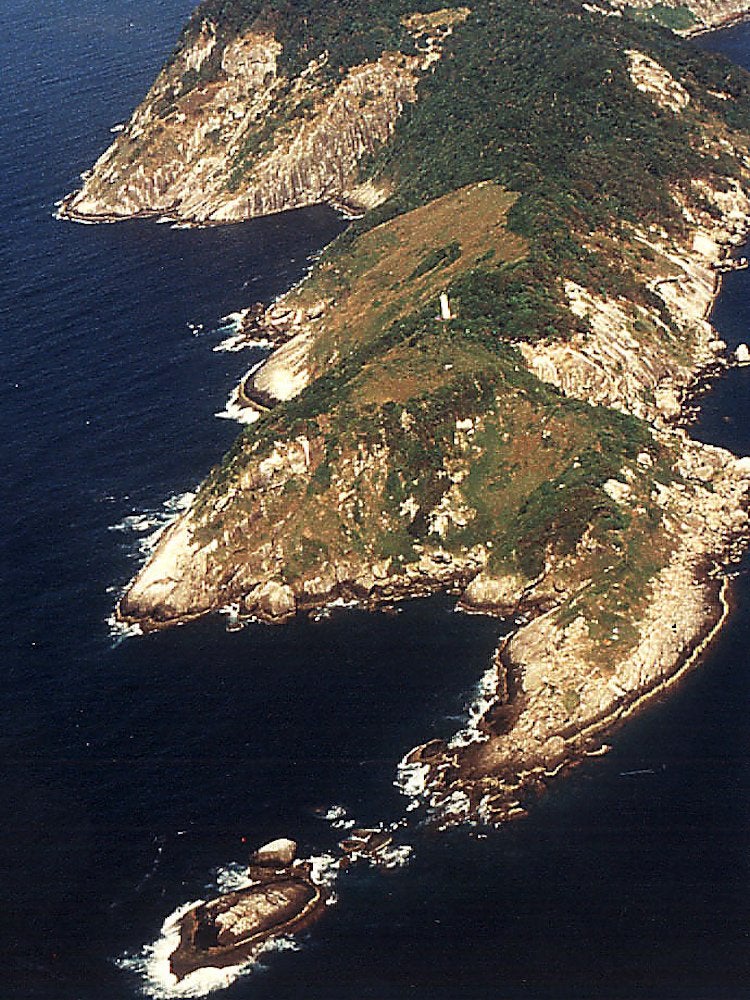
flickr.com via Prefeitura de Itanhaém
Off the coast of Brazil, about 90 miles from Sao Paulo, lies one of the most dangerous places on Earth: Ilha da Queimada Grande, also known as Snake Island. Containing an estimated one venomous golden lancehead pit viper per six square yards, the 110-acre island is open only to researchers with special waivers—ophidiophobes need not apply!
Related: Living Remotely: 12 Stunning Homes in the Middle of Nowhere
Bohemian Grove, Monte Rio, California
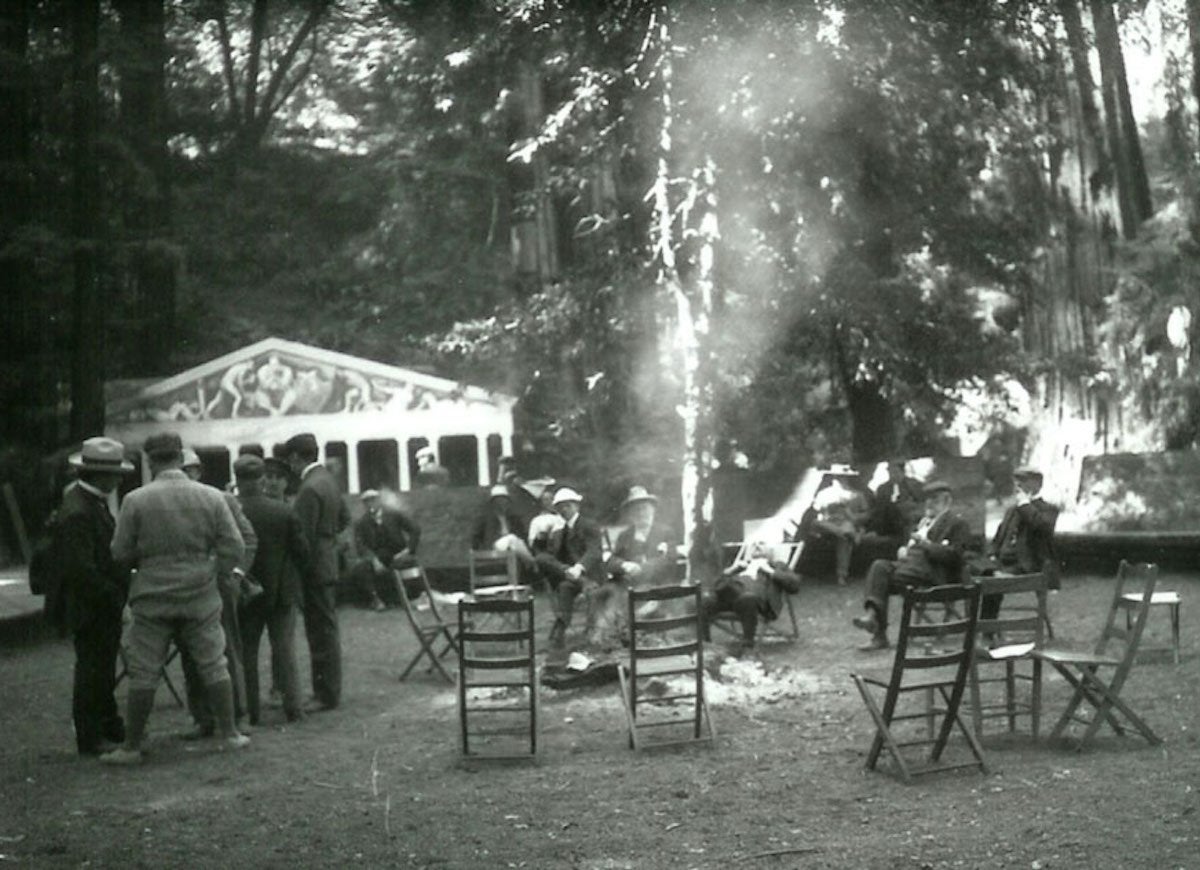
Wikimedia Commons
This private gentlemen’s club in Monte Rio has played host to some of the most prominent men in the world, including former presidents Herbert Hoover and Ronald Reagan. Despite the club’s impressive (and exclusive) membership, networking and business deals are strictly prohibited, as expressed in the club’s motto, “Weaving Spiders Come Not Here.” Instead, men of influence converge on the restricted campground annually for a two-week sojourn, cut off from the rest of the world.
Zone Rouge, Northeastern France
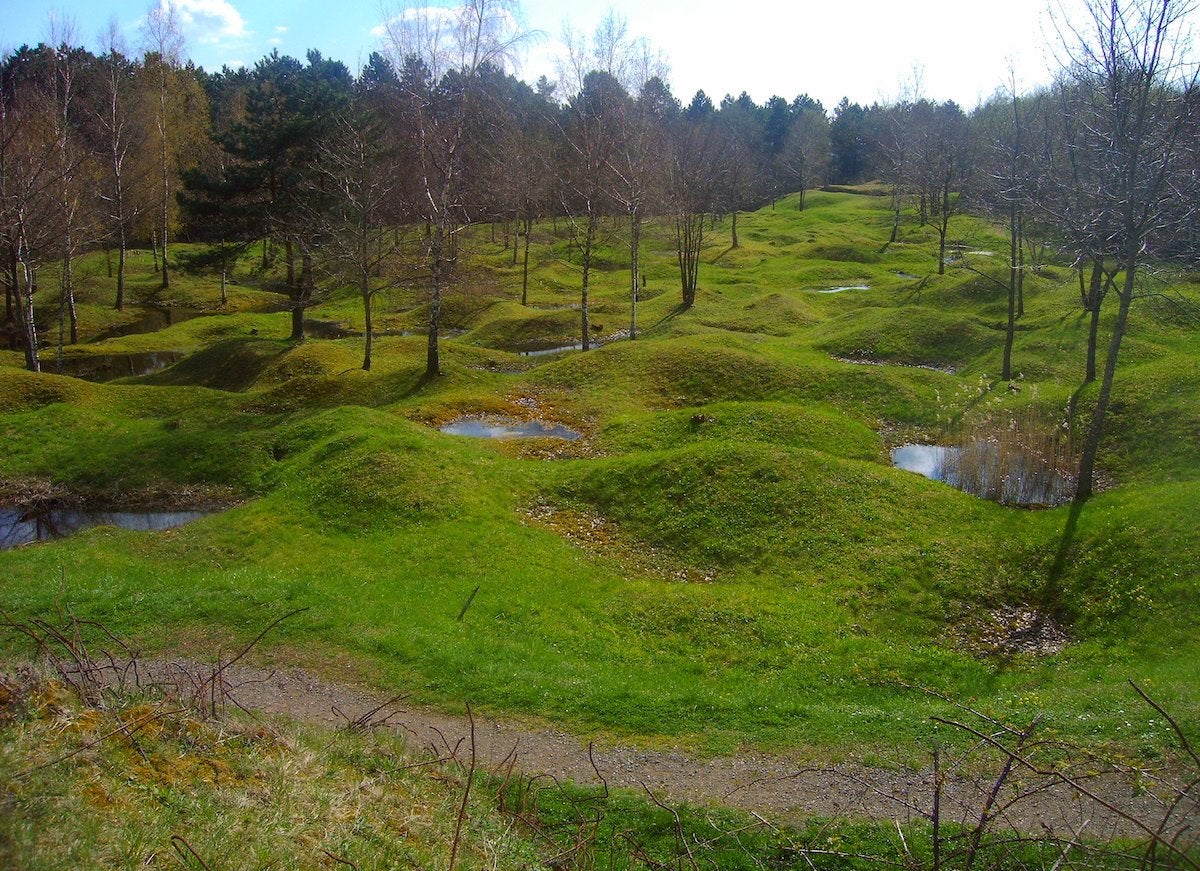
Wikimedia Commons via Oeuvre personnelle
More than 100 years after the end of World War I, this once-verdant 460-square-mile tract of farmland in northeastern France remains peppered with unexploded bombs, old ammunition, and live grenades that render it uninhabitable to this day. These dangerous conditions led the government to close the area to local hunters, relocate residents of nearby villages, and designate the no-go area as the “Zone Rouge,” French for the “Red Zone.”
The Island, Central Oregon
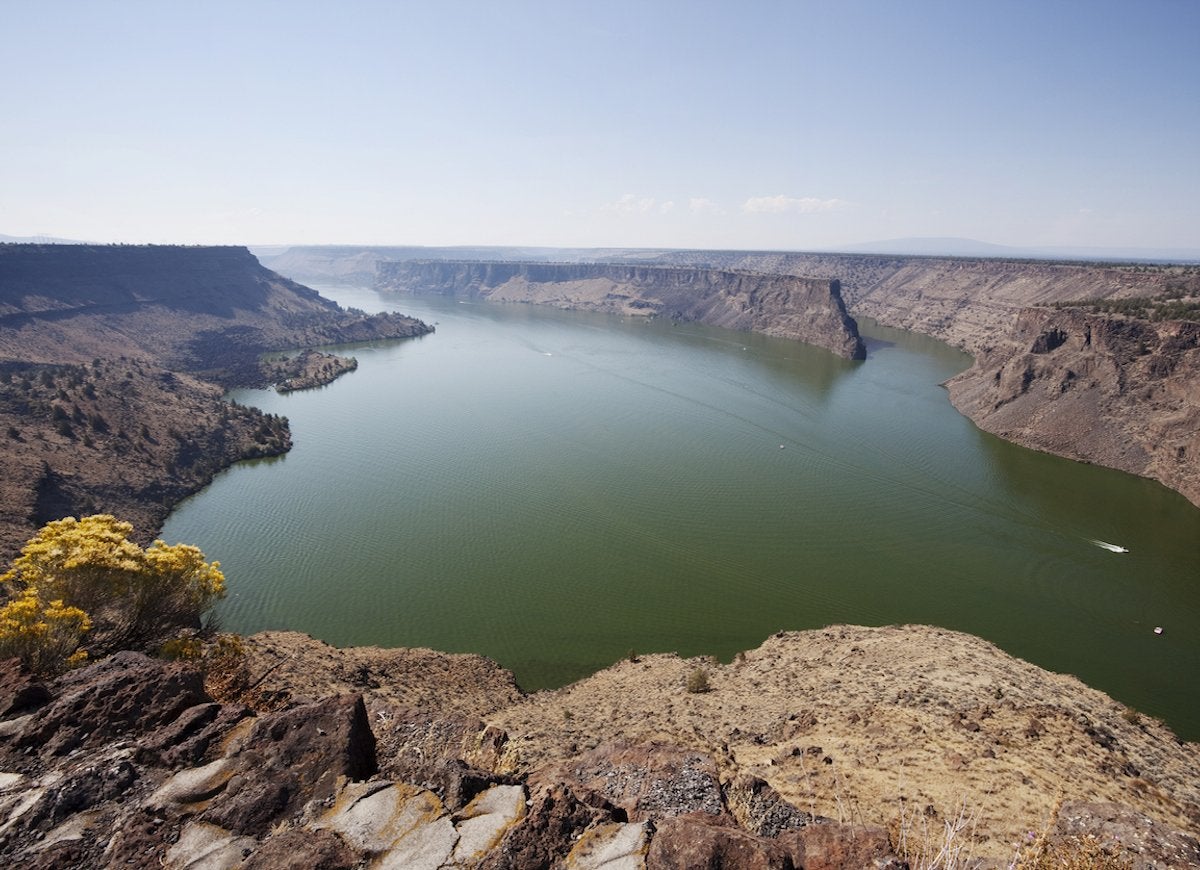
Outdoor enthusiasts were allowed to visit this island in the Cove Palisades State Park as recently as 2010, but when The Island was listed as a national monument in 2011, access was restricted to staff in order to protect the fragile desert ecosystem. Its rare flora, consisting of juniper trees, bluebunch wheatgrass, and sagebrush, were once the norm in central Oregon, where invasive species have displaced native plants.
Hart Island, Bronx, New York
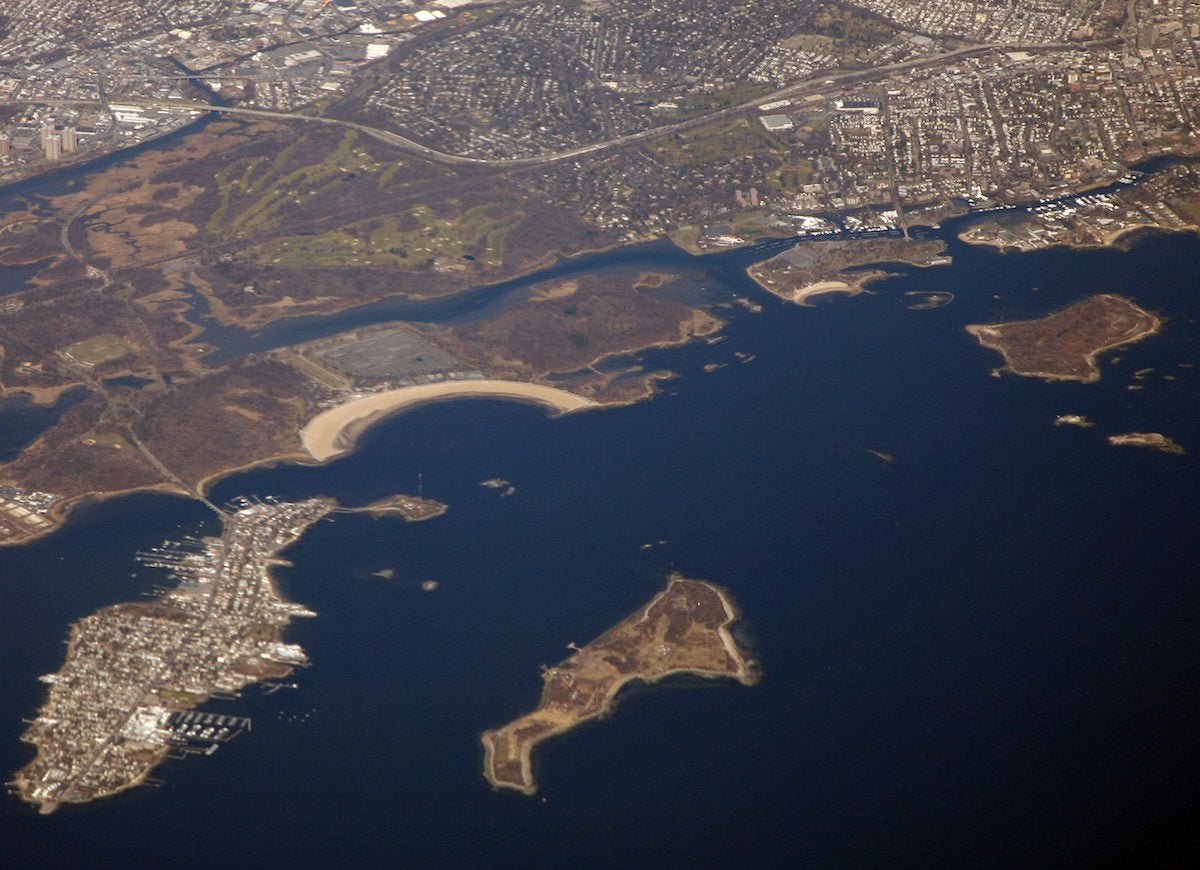
Flickr.com via Doc Searls
This one-mile-long strip of land in the Long Island Sound has served many functions over the centuries, from a Civil War prison camp to a cemetery. Yet glimpsing its storied history up close can prove difficult: Hart Island is open only one weekend each month to families visiting grave sites; other members of the public must book an appointment months in advance.
Waldo Canyon, Cascade, Colorado
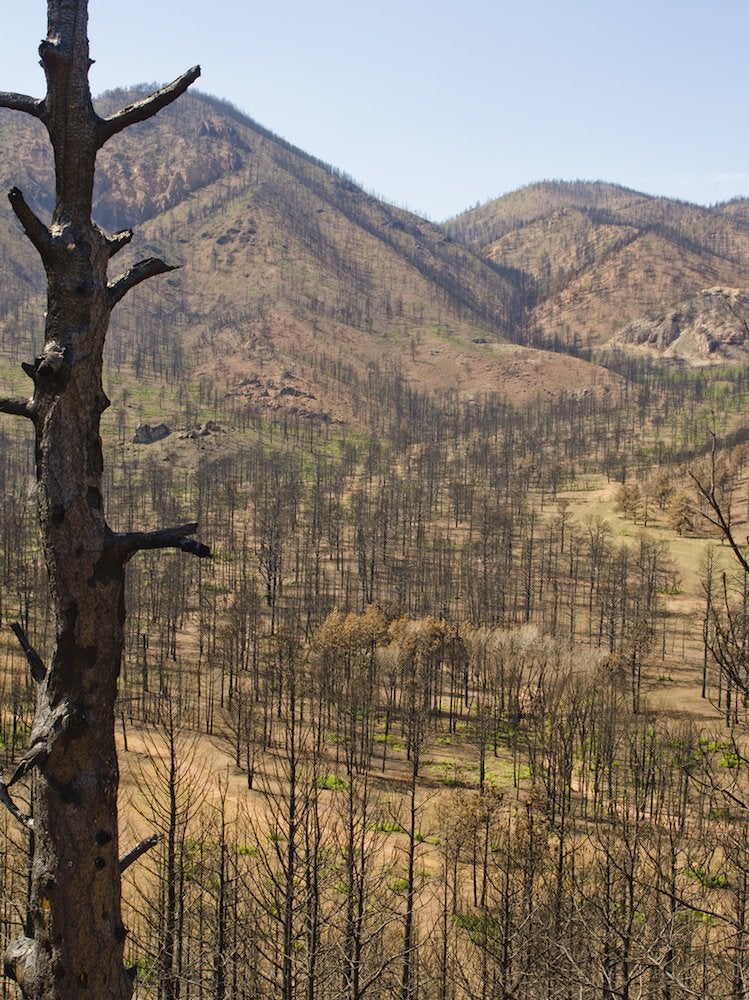
One of the most fearsome fires in Colorado’s history ravaged 18,000 acres of this flora- and fauna-filled landscape in 2012. By October 2017, many parts of the canyon had reopened to the public, but the popular Waldo Canyon Trail and a trailhead near Manitou Springs remain closed due to dangers like fallen trees and erosion that have made the once hiker-friendly landscape less navigable.
Related: After Disaster: 8 U.S. Cities That Went from Ruin to Rebirth
North Brother Island, Bronx, New York
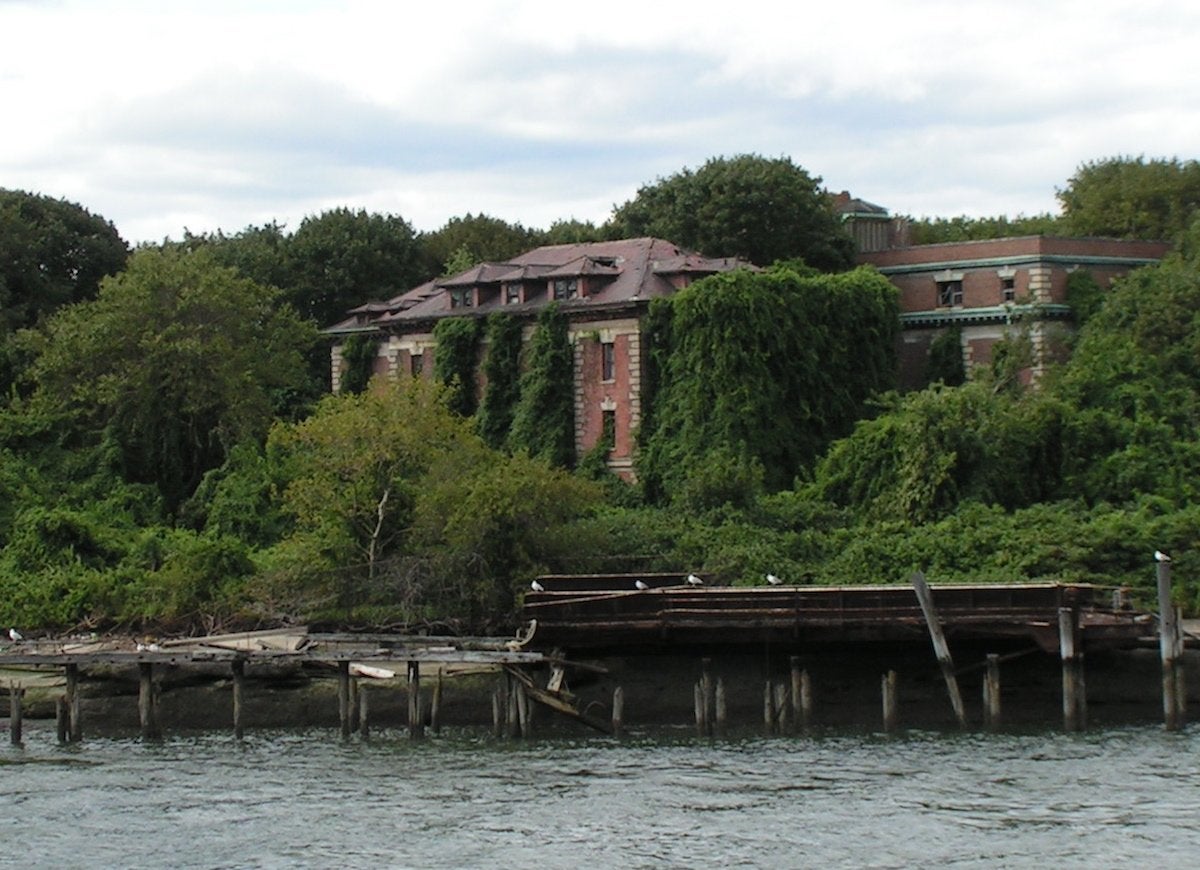
Flickr.com via reivax
The sinking of the passenger steamboat P.S. General Slocum in 1904 occurred near the shore of this very island in the East River. The loss of life makes this the second-most deadly disaster in New York City history, after September 11. Originally a quarantine site for tuberculosis patients, then a home for World War II veterans and their families facing a housing shortage in the city, and finally a treatment center for recovering heroin addicts in the 1960s, North Brother Island has served many short-term functions over the years. Now off limits to the public, the 20-acre island serves as a sanctuary for nesting shorebirds, such as herons and cormorants.
Related: America’s 50 Most Famous Houses
Boracay, Malay, Philippines
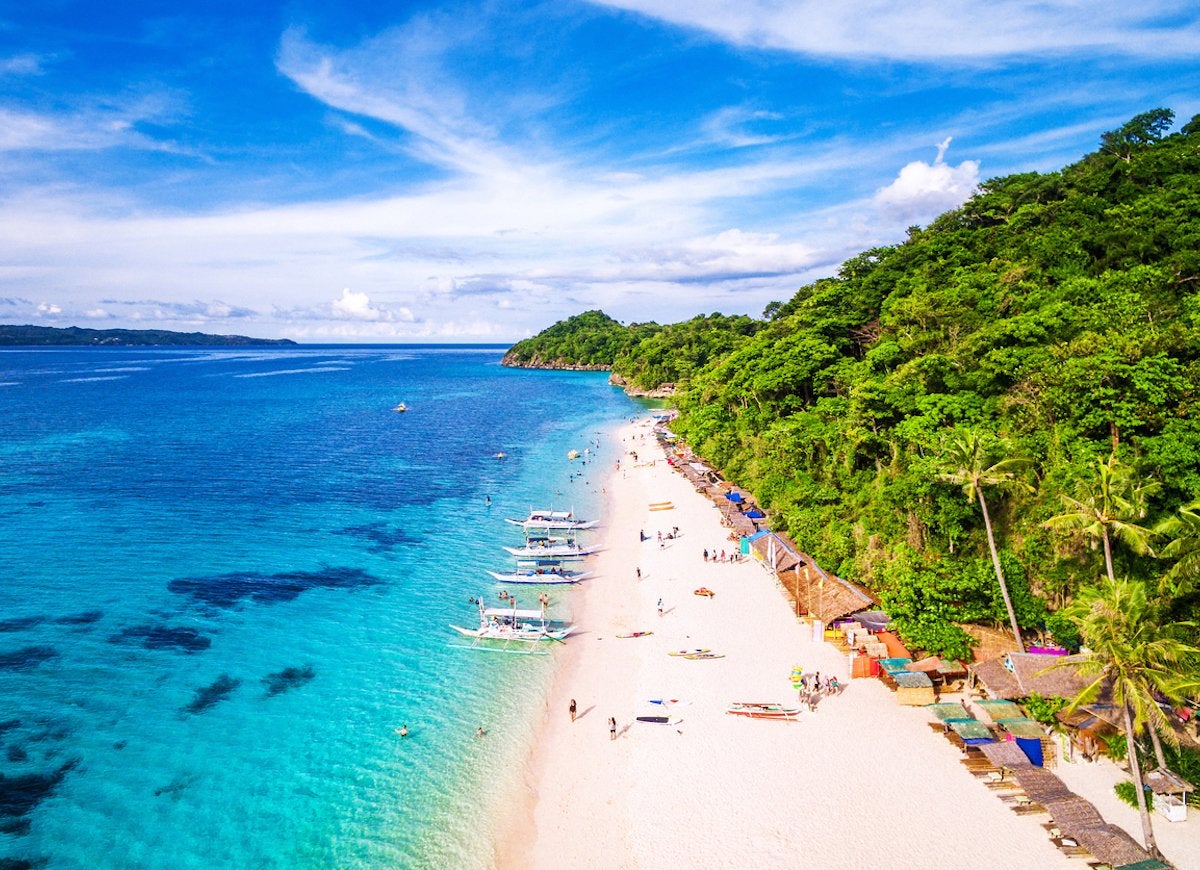
Visitors hoping to hit the beaches of Boracay this year will have to reset their compasses. In the wake of extreme environmental degradation caused by rampant tourism, the government has closed down the island’s beaches, famous for their formerly pristine white sand and light blue water. As of this past April, the beaches are closed to the public for six months to allow for a cleanup effort and improvement of the sewage system.
Related: Island Living: 20 Tropical B&Bs That Are Only an Airplane Away
Spider Rock, Canyon de Chelly, Arizona
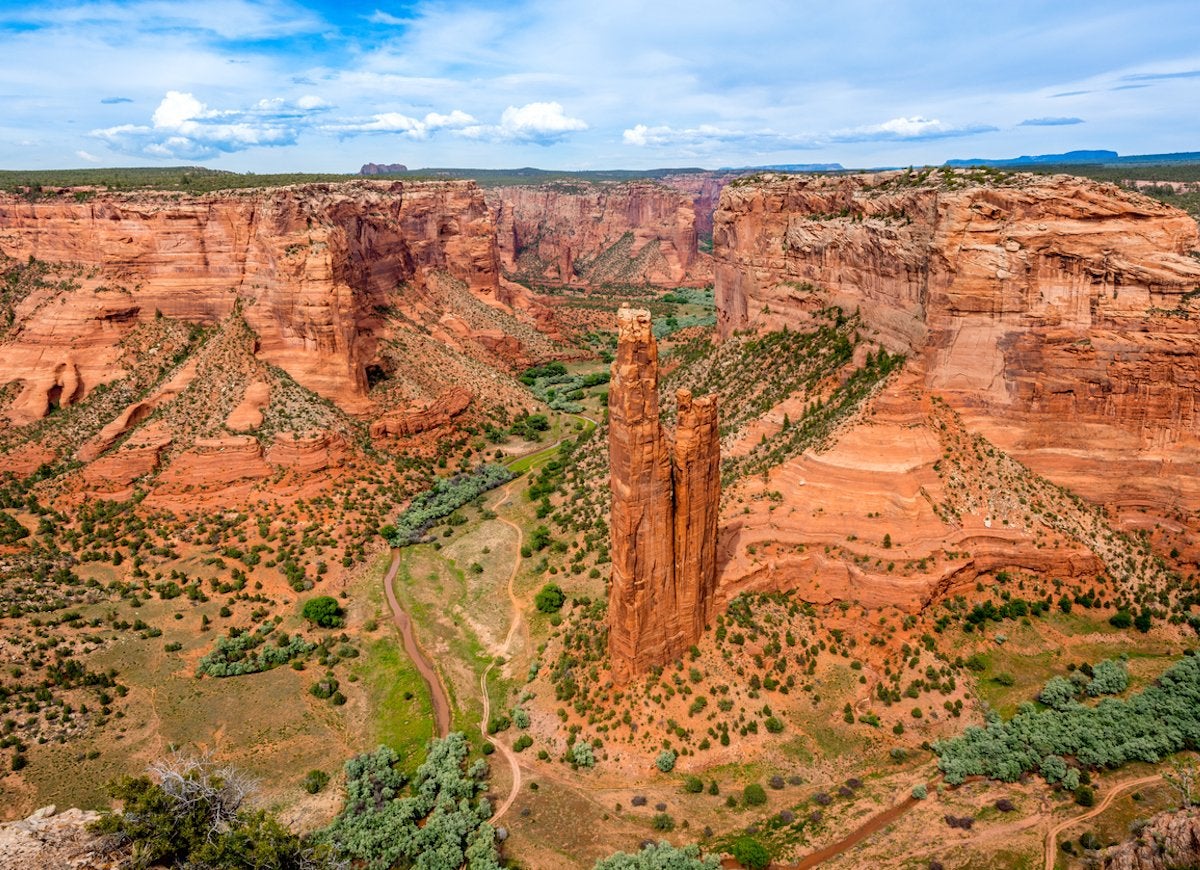
Navajo legend has it that the divine Spider Woman makes her home in the crack between the two stone spires of Spider Rock, whence she emerged to teach locals how to weave. Given its sacred status, the 830-foot structure is off limits to climbers, and tours of the canyon itself are permitted only with an authorized Navajo guide and a special permit.
Related: Endless Acres: 14 of the Biggest Properties in America
Ise Jingu, Ise, Mie Prefecture, Japan
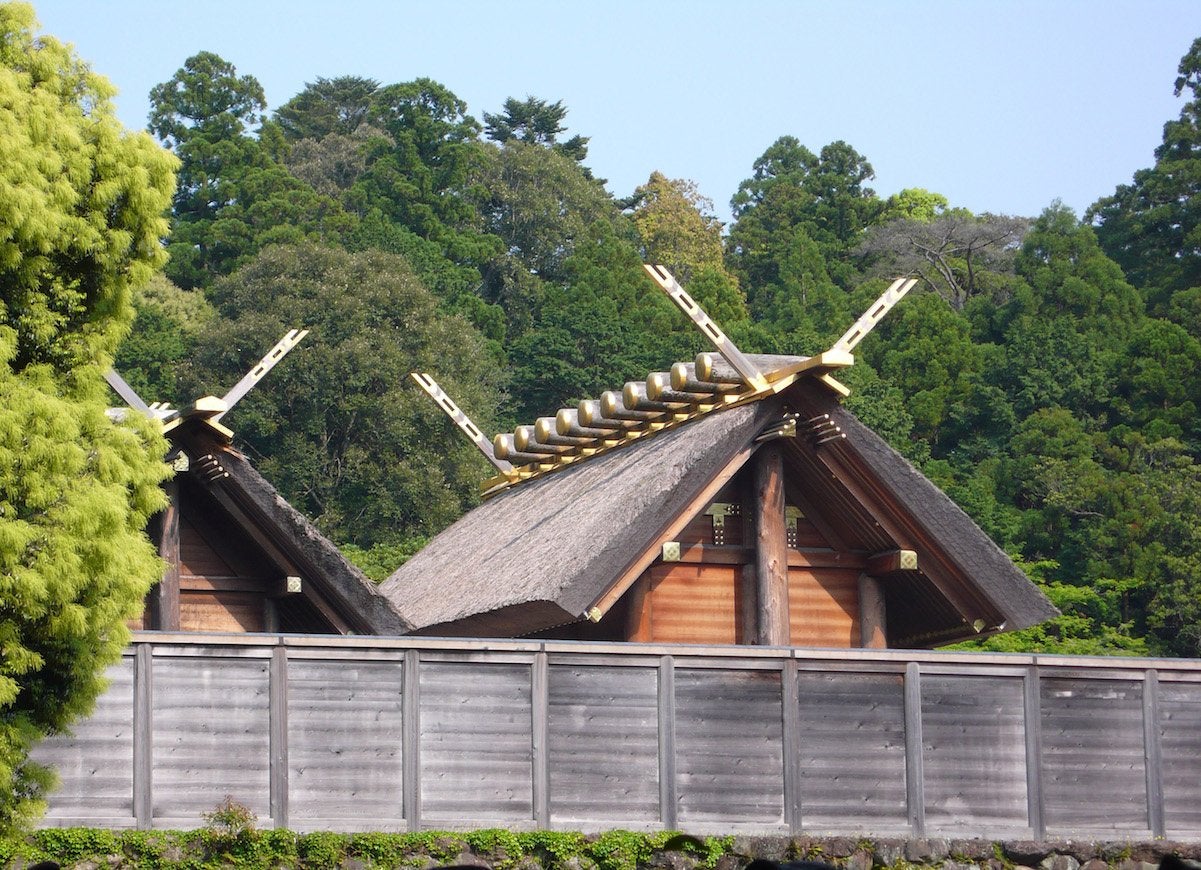
Wikimedia Commons via N yotarou
While tourists can catch glimpses of the roofs of Naiku and Geku, the inner and outer shrines of the Grand Shrine of Ise, the public is strictly prohibited from entering the sacred shrines. Naiku is believed to be the home of the sun goddess Amaterasu and is said to contain a sacred mirror that is thought to date back to the 3rd century A.D., while the food goddess Toyouke is believed to dwell in Geku.
Hollywood Sign, Los Angeles, California
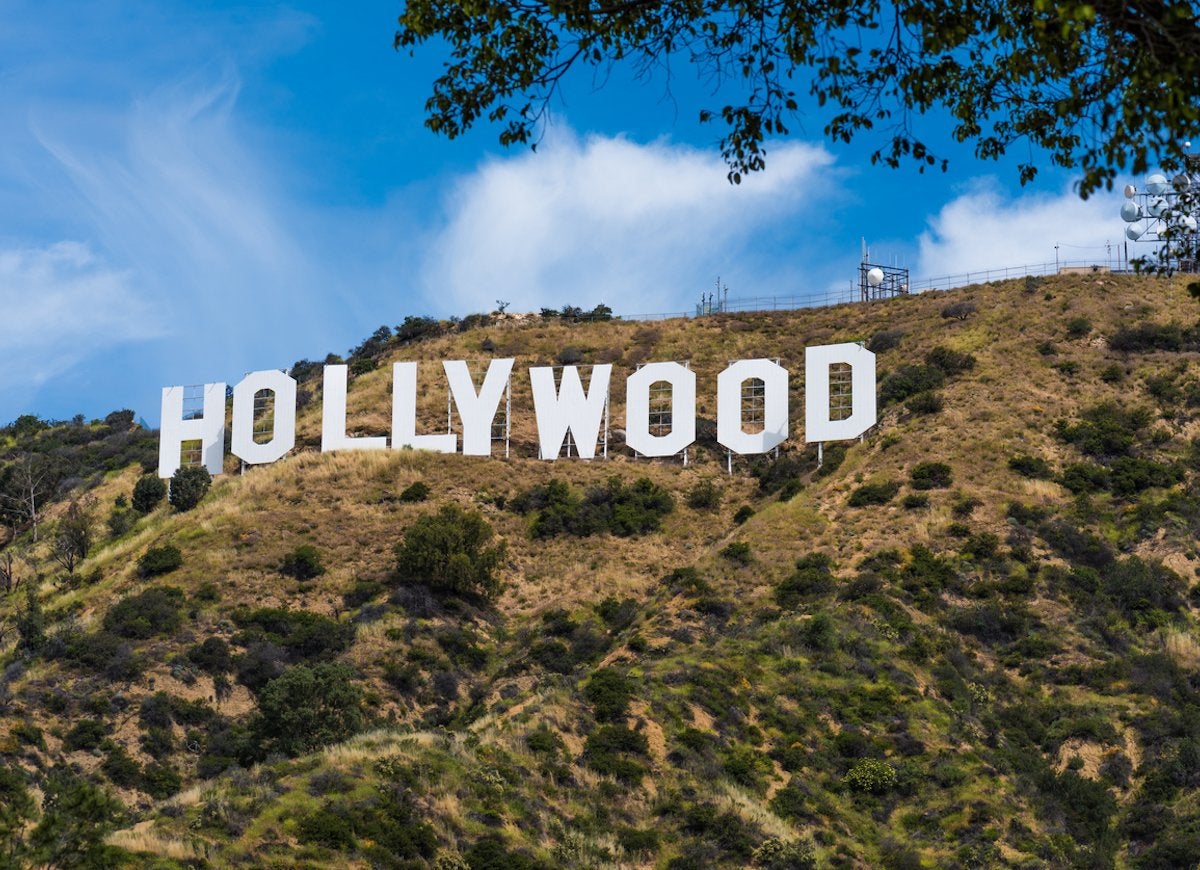
This 44-foot-tall sign tucked into Mount Lee has long captured the imaginations of cinephiles, but attempting to view it from an unauthorized vantage point can result in hefty fines or even arrest. The Hollywood Sign Trust, which has conservatorship over the famous landmark, permits viewing the sign from just two platforms, one at Griffith Observatory and the other at the Hollywood & Highland Center.
Related: 15 Places Every American Should Visit at Least Once
Ball's Pyramid, Australia
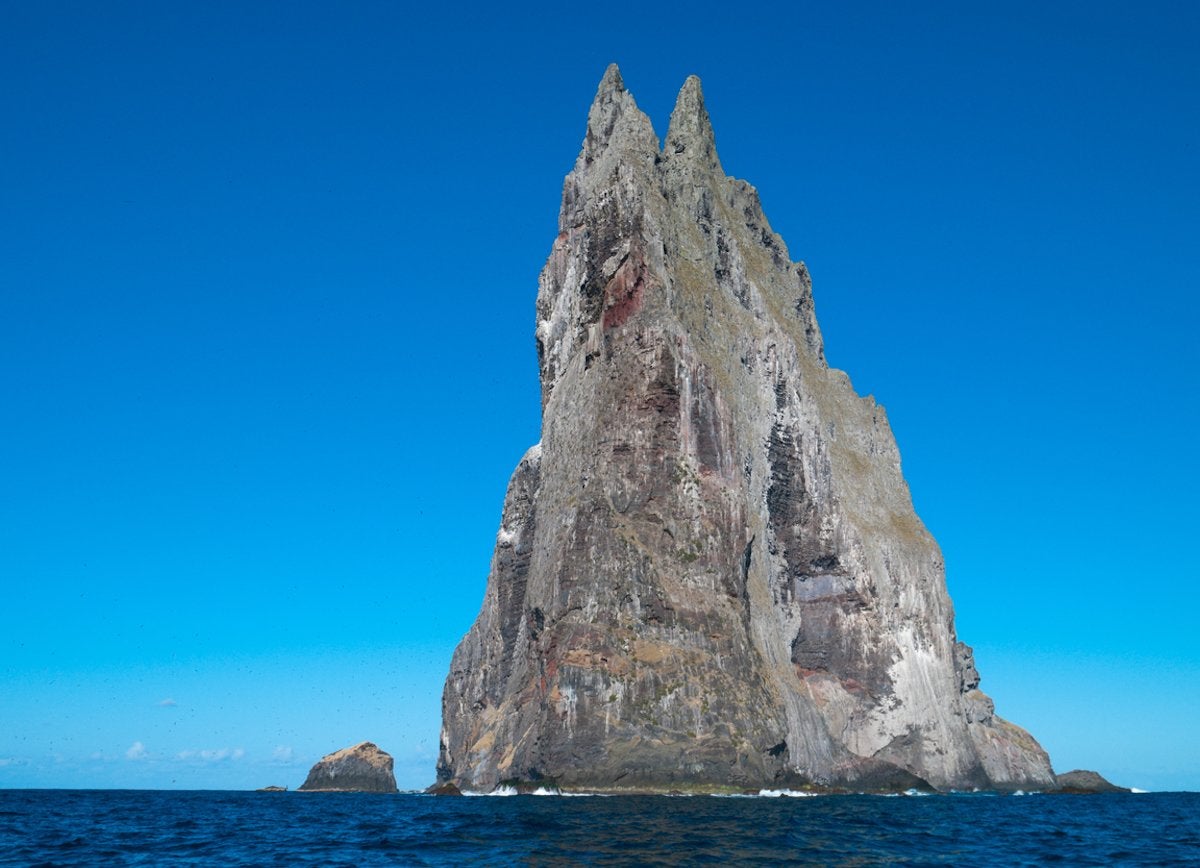
British Royal Navy Lieutenant Henry Lidgbird Ball brought this volcanic stack to Europe’s attention in 1788, but the geological phenomenon has existed for some 6.4 million years. Though it’s now part of Australia’s Lord Howe Island Marine Park, by Lord Howe Island Board ordinance, the imposing 1,844-foot-tall formation is inaccessible to all but the rare climber, and only under strict conditions.
Related: Such Great Heights: 15 Homes Built on the Top of the World
Barren Island, Andaman Islands, India
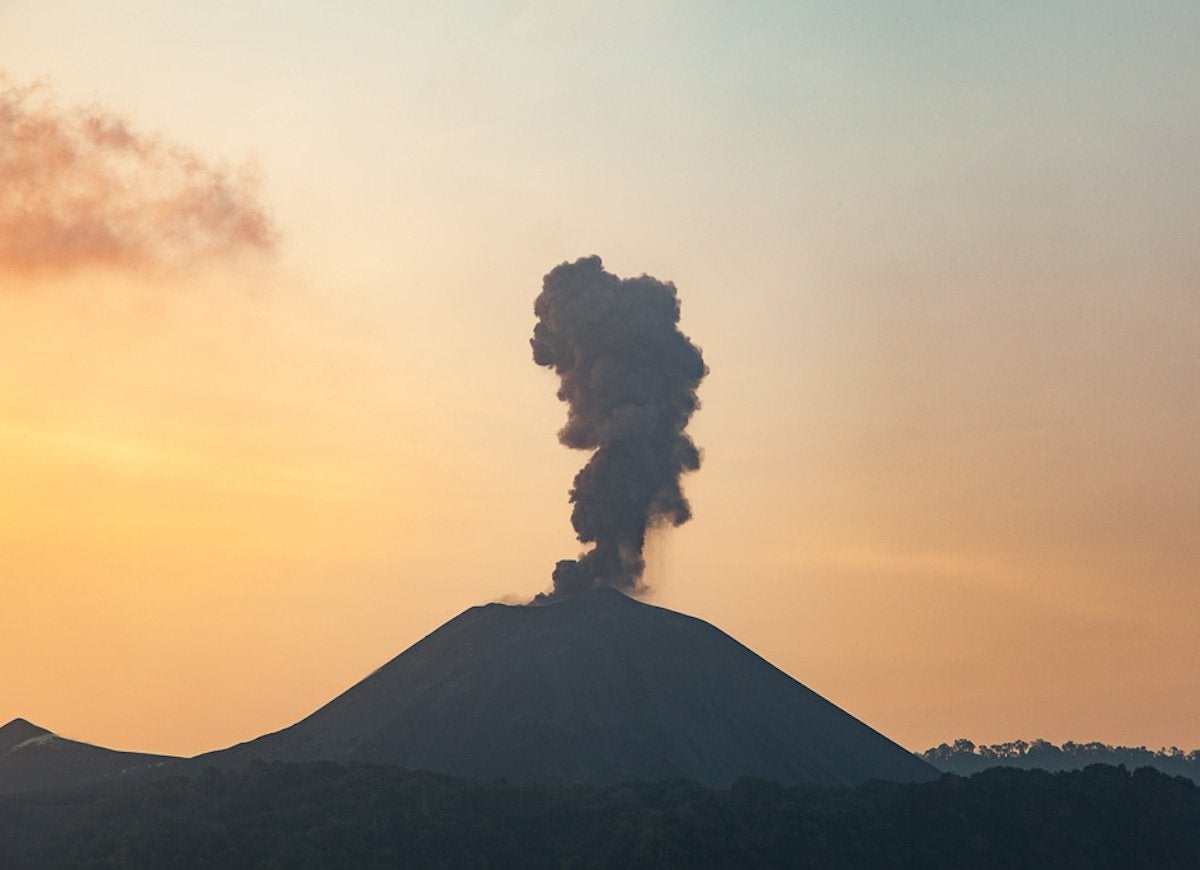
Wikimedia Commons via Arijayprasad
True to its name, nary a soul lives on this 3.22-square-mile island in the Andaman Sea. The active Barren Volcano has erupted more than 10 times during its 231-year life, making landfall on the island both dangerous and forbidden, but the surrounding waters are a coveted destination for seasoned scuba divers.
Club 33 in Disney Parks
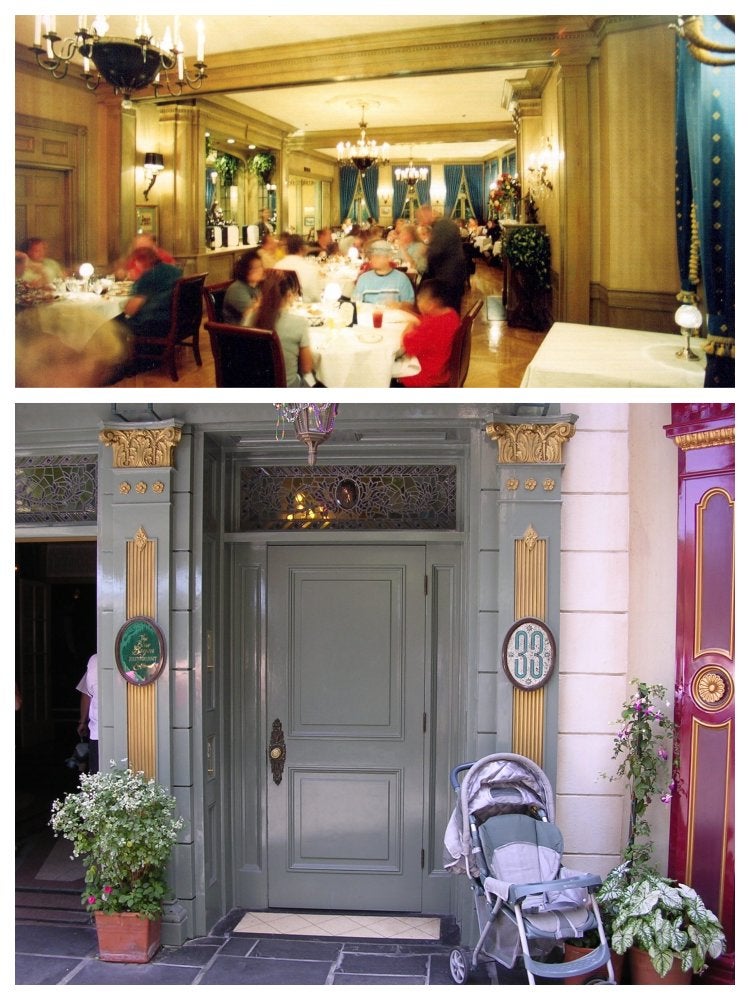
Wikimedia Commons via Mxreb0 and Space_Mountain_Mike
Hidden away in three Disney parks, the private Club 33 offers its members early park admission and access to exclusive events—and is the only location in the parks where alcohol is served. The catch? Membership is extended on an extremely limited basis and reportedly comes with a $25,000 initiation fee and annual dues of $10,000—a hefty price to pay to experience the secret side of the Magic Kingdom. Shown here is the entrance to the club’s first location, in New Orleans Square in Disneyland.
Oswego Lake, Lake Oswego, Oregon
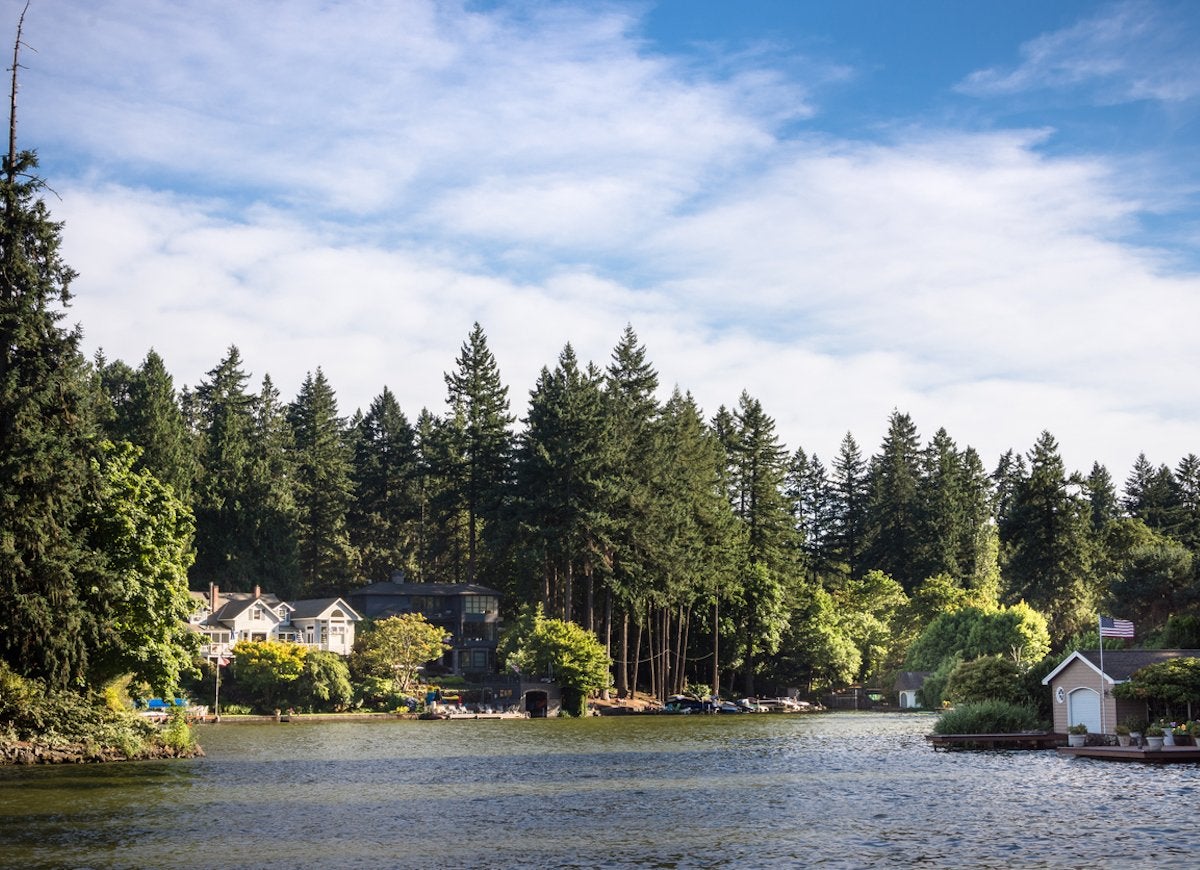
While you can roam the surrounding park or grab a bite at nearby waterfront eateries, you’ll need to steer clear of this tranquil private lake located eight miles south of Portland—that is, unless you’re a resident of the city of Lake Oswego. In a law that is, after public outcry, reportedly under review by the Oregon Supreme Court, nonresidents can go no farther than the concrete steps that lead to the disputed waters.
Related: 17 Log Cabins We Love
Temple Mount, Old City, Jerusalem
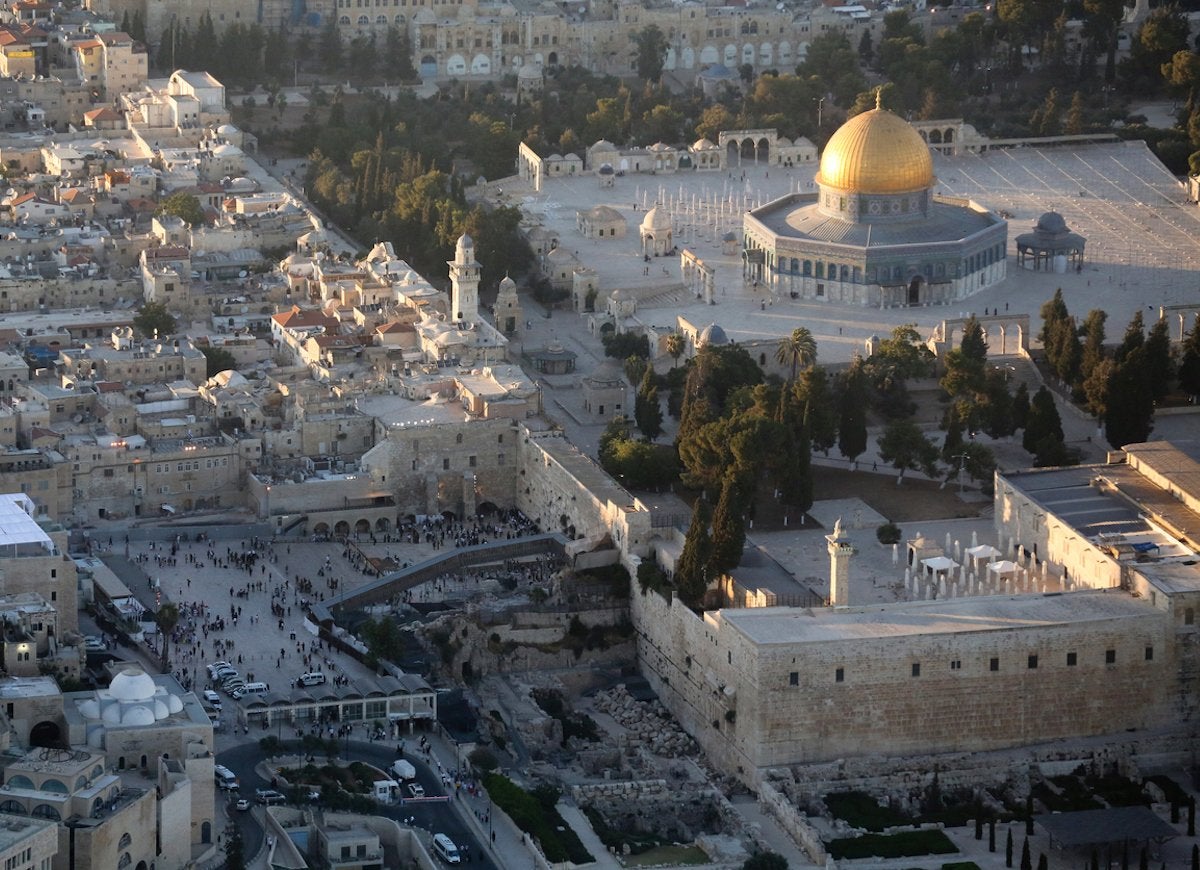
Chiefly comprising three structures—the al-Aqsa Mosque, the Dome of the Rock, and the Dome of the Chain—this 150,000-square-mile compound situated in Jerusalem’s Old City is a sacred site for adherents of the Muslim, Christian, and Jewish faiths. While 11 police-patrolled gates afford entrance to the temple, 10 are reserved for Muslims; tourists and non-Muslims may enter through the Mughrabi Gate on certain days and at limited times.
Related: 12 Incredible Homes That Were Built by Their Owners
North Sentinel Island, Andaman Islands, India
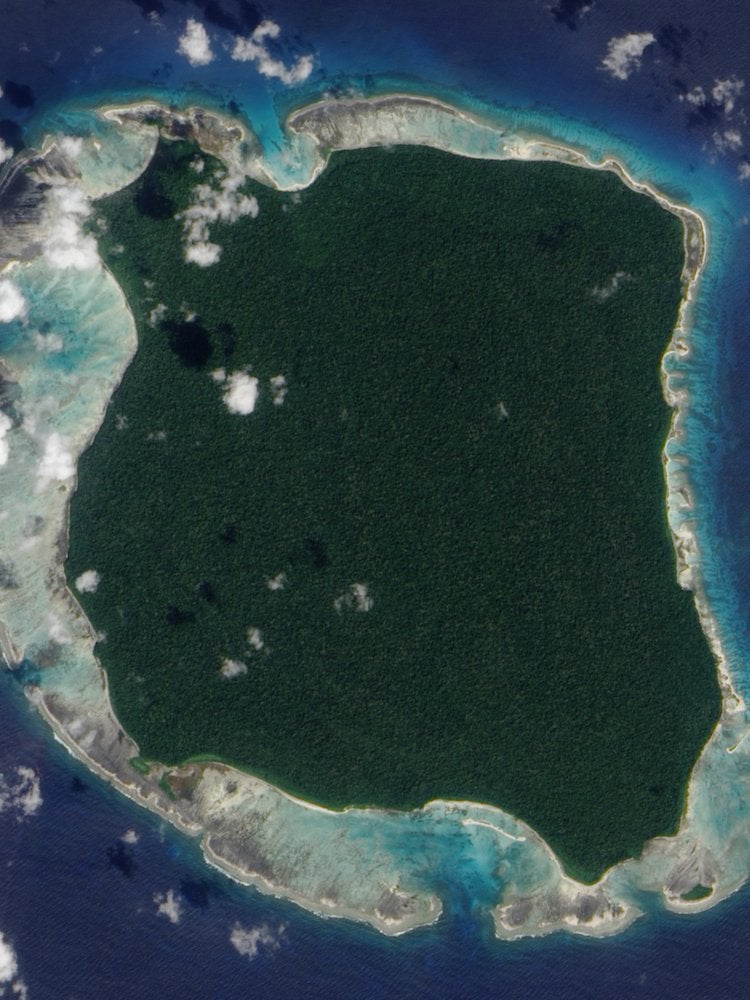
Wikimedia Commons via NASA Earth Observatory/Jesse Allen
The dense forest and beautiful white sand beaches of this 23-square-mile island have probably been seen by very few. Home to the sovereign Sentinelese, who do not look kindly on non-islanders, North Sentinel Island is nominally under the protection of India, although that government has granted islanders the right to govern their own affairs—and even allows them to kill outsiders who are unlucky enough to stumble onto the island’s shores.
Kangchenjunga, Himalayas, Nepal and India
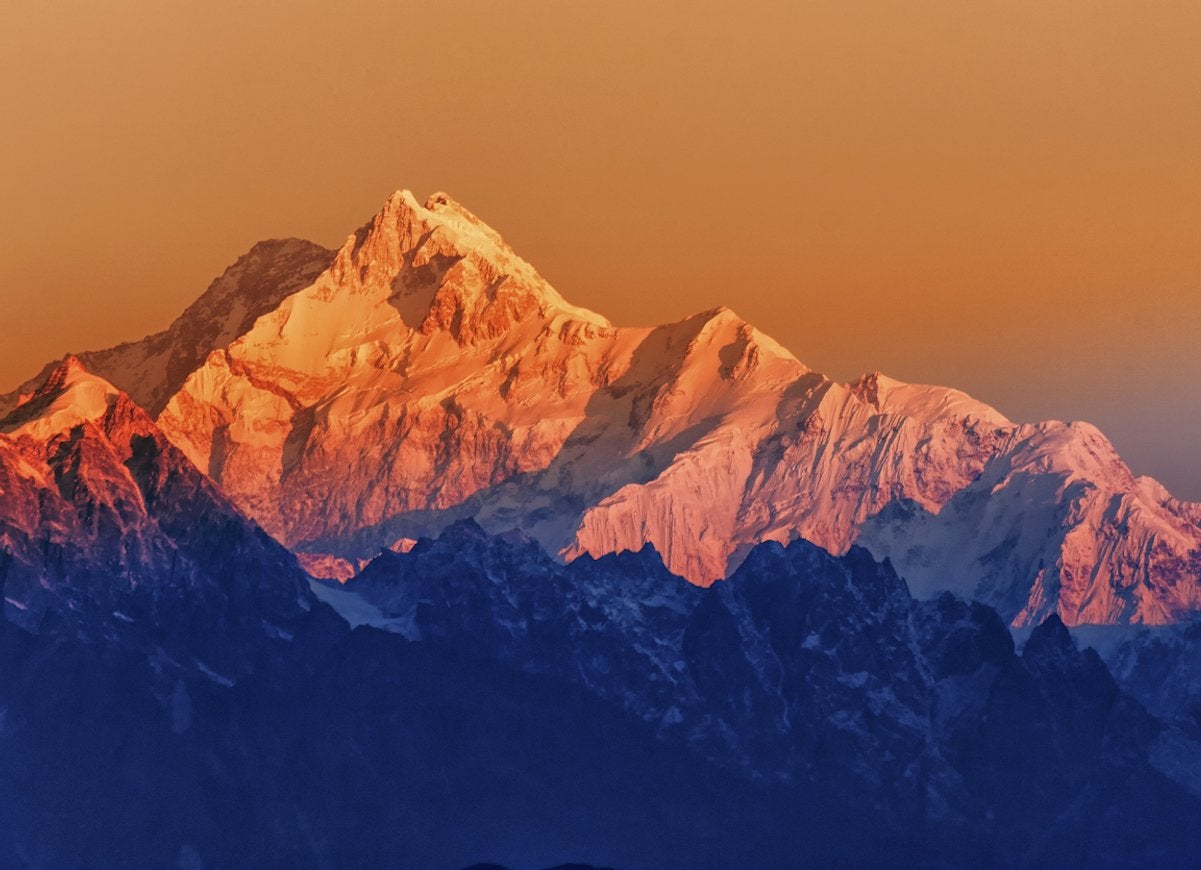
While summiting a mountain represents the literal apex of achievement for climbers, those who opt to scale this 28,169-foot mountain in the Himalayas, the highest in India, must stop just short of the peak. Because a British expedition promised Indian monarchs in 1955 that they would treat the mountaintop as hallowed ground, the peak of Kangchenjunga remains untouched—a tradition honored by every climber to set foot on the slopes.
Surtsey, Vestmannaeyjar, Iceland
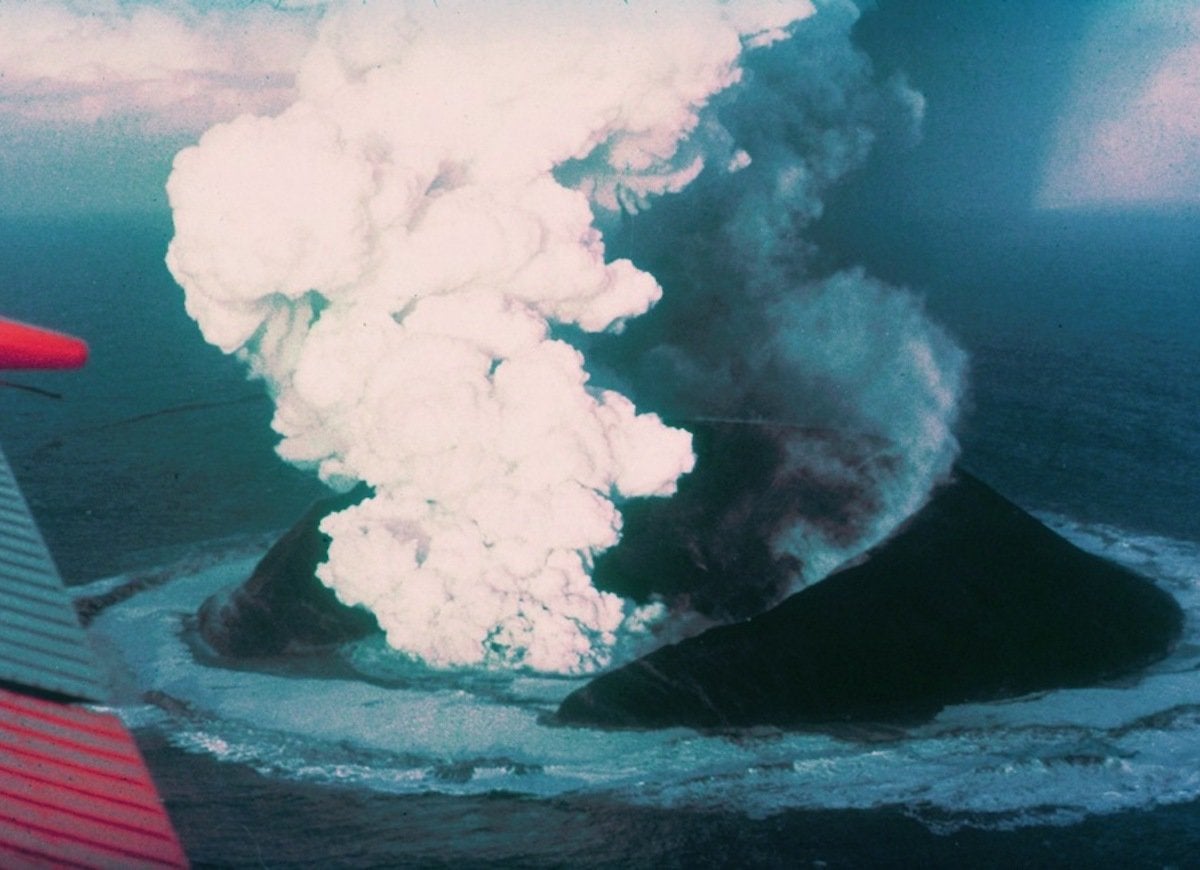
Wikimedia Commons via Wirthi
A UNESCO World Heritage site, this gradually eroding island that emerged in Iceland’s southern coast after a volcanic eruption in 1963 is expected to remain above sea level for just another 100 years. While that may seem like plenty of time to schedule a trip, the government allows only scientists with special permits to visit the island in an effort to preserve its unique flora and fauna until this small piece of land finally succumbs to the sea.
Related: 20 American Treasures to See Now—Before They Disappear
